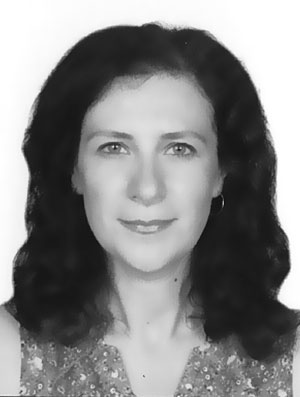Motivational Component of Formation of Cognitive Activity of Students of Universities and Faculties of Physical Culture
Фотографии:
ˑ:
A.A. Kharmonova
A.V. Shukaeva, associate professor, Ph.D.
Smolensk State Academy of Physical Culture, Sports and Tourism, Smolensk
E.V. Starkova, associate professor, Ph.D.
Perm State Humanitarian Pedagogical University, Perm
Key words: educational process in university of physical culture, students' cognitive activity, learning motives.
One of the components of success in student's learning is his active learning, which is largely formed in the course of cognitive activity and is characterized by conscious and purposeful efforts of the student for the successful execution of objectives set. The researchers investigated the cognitive activity of students specializing in field of physical culture and sport in the educational process. Desire and willingness to cognitive activity, the ability to implement it are largely determined by students' intellectual abilities, motivation, creative thinking, social skills and communicative abilities.
The purpose of the present study was to analyze the motivation of cognitive activity of students of universities and faculties of physical culture.
In the study it was found that the cognitive and pragmatic motives are the leading ones for learning for students, which, in the authors' opinion, is natural, as university education means getting a document testifying the education of an individual. The professional prestige motives are also significant. The competitive and stimulating motives are the least important.
References
- Tutorial on developmental psychology: study guide / Ed. by L.A. Golovey, E.F. Rybalko. - St. Petersburg: Rech, 2006. – 688 P. (In Russian)
- Il'in, E.P. Motivation and motives / E.P. Il'in. St. Petersburg: Piter, 2000. – 512 P. (In Russian)




 Журнал "THEORY AND PRACTICE
Журнал "THEORY AND PRACTICE